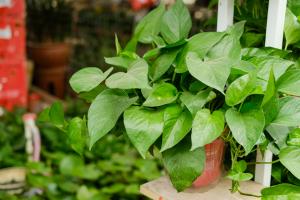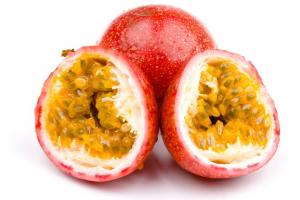Is Cow Manure Good for Blueberry Plants?
Cow manure, also known as cow dung, has long been used as a natural fertilizer for plants. But how well does it work for specific plants, such as blueberry bushes? In this article, we’ll explore the benefits and drawbacks of using cow manure for blueberry plants.
The Benefits of Using Cow Manure for Blueberry Plants
Cow manure is a rich source of organic matter and nutrients, making it an excellent fertilizer for blueberry bushes. It contains essential nutrients such as nitrogen, potassium, and phosphorus, which are key to healthy plant growth. Additionally, cow manure helps to improve soil texture by adding organic matter, which can aid in water retention and drainage.
Furthermore, cow manure helps to maintain soil pH levels, which is crucial for blueberry plants to thrive. Blueberry bushes prefer soil with a pH between 4.0 and 5.5, which is considered acidic. Cow manure has a relatively high pH, but when used properly, it can help to lower the pH of the soil and create a more acidic environment for the blueberry plants.
The Drawbacks of Using Cow Manure for Blueberry Plants
While there are many benefits to using cow manure as a fertilizer for blueberry plants, there are also some drawbacks to consider. One of the main concerns with cow manure is the risk of weed seeds and pathogens, such as E. coli and Salmonella, that can be present in the manure.
To reduce the risk of these issues, it’s important to properly compost the cow manure before using it as a fertilizer. This means allowing the manure to decompose and break down over time, which will kill off any weed seeds and pathogens that may be present. It’s also essential to use manure that’s sourced from healthy cows, as sick cows can transfer pathogens and diseases to their manure.
How to Use Cow Manure for Blueberry Plants
If you decide to use cow manure as a fertilizer for your blueberry plants, it’s important to follow these steps:
Compost the cow manure for at least six months before using it as a fertilizer.
Apply the cow manure in the fall or early spring, before the blueberry bushes begin to grow.
Spread a thin layer of the manure around the base of the blueberry bushes, being careful not to let it touch the stems of the plant.
Water the manure in well after applying it to the soil.
It’s also important to note that cow manure should be used in moderation, as too much can lead to over-fertilization and nutrient burn in the plants. A general rule of thumb is to use no more than 20 pounds of cow manure per 100 square feet of soil.
Conclusion
Using cow manure as a fertilizer for blueberry plants can provide many benefits, including improved soil texture, nutrient-rich soil, and pH level maintenance. However, it’s important to properly compost the manure to reduce the risk of weed seeds and pathogens, and to use it in moderation to avoid over-fertilizing the plants. With these considerations in mind, cow manure can be a cost-effective and natural way to promote healthy growth in blueberry bushes.

 how many times do yo...
how many times do yo... how many planted tre...
how many planted tre... how many pine trees ...
how many pine trees ... how many pecan trees...
how many pecan trees... how many plants comp...
how many plants comp... how many plants can ...
how many plants can ... how many plants and ...
how many plants and ... how many pepper plan...
how many pepper plan...






























